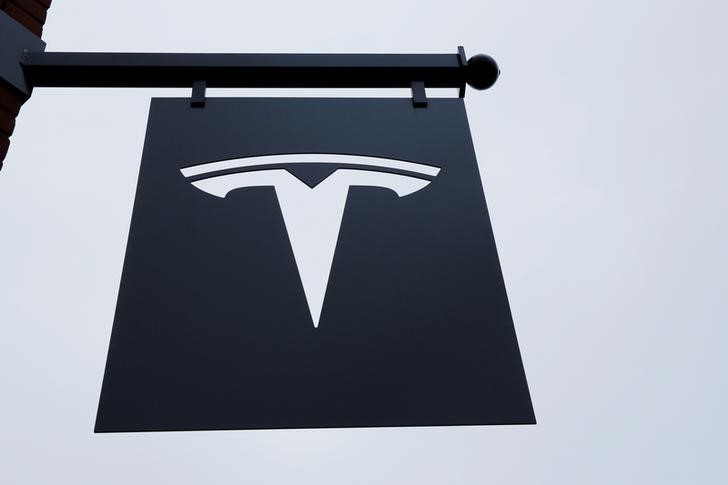Tesla's (NASDAQ:TSLA) stock valuation is increasingly tied to its robotaxi business rather than its core automotive operations, according to a recent analysis by Wells Fargo.
The bank's note highlights that while Tesla has traditionally been seen as somewhat insulated from broader automotive market pressures, this may no longer be the case.
Wells Fargo analysts noted that Tesla's deliveries, which were once driven by production constraints, have recently declined despite price reductions.
Specifically, Tesla's volumes fell by 10% in the first half of 2024 compared to the second half of 2023, even as prices dropped by around 2%. This shift suggests that Tesla could be more vulnerable to economic downturns and pricing pressures than previously thought.
"Historically, Tesla's deliveries were driven by production constraints. This is no longer the case," Wells Fargo stated, adding that in a recession scenario, Tesla could face significant challenges in maintaining both delivery volumes and pricing.
The analysts estimated that Tesla has approximately 8% more price cuts before its automotive EBIT reaches breakeven.
However, despite these risks, Wells Fargo pointed out that the bulk of Tesla's valuation among bullish investors is tied to the company's future in the robotaxi space rather than its traditional automotive business.
Wells Fargo believes this focus on the robotaxi venture makes it difficult to assess the full downside risk for Tesla's stock, particularly in a challenging economic environment.
While Tesla's core auto business may face pressures, its long-term valuation may still hinge on the success of its ambitious robotaxi plans.
Elsewhere in the wide-ranging note, Wells Fargo said that for OEMs, pricing remains the biggest risk, while "backlogs can make or break suppliers."
